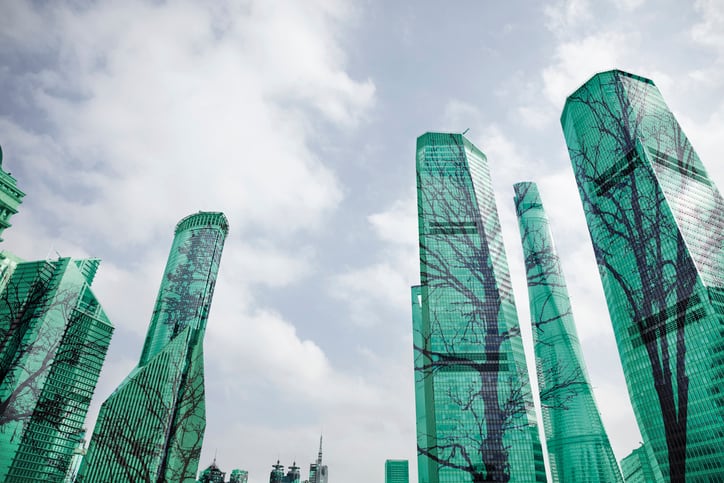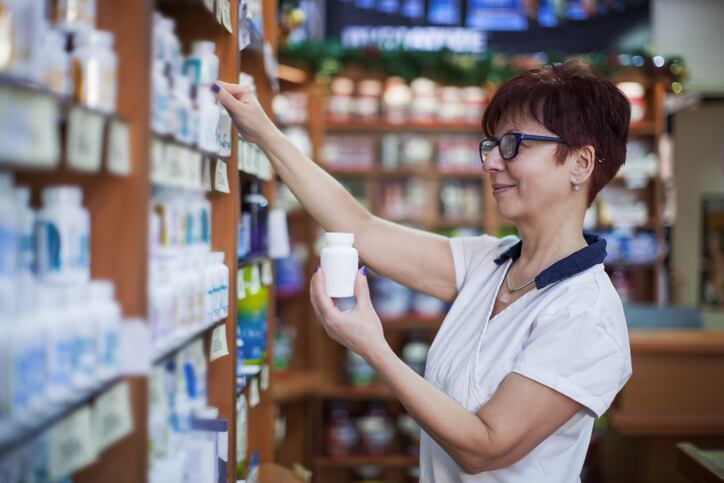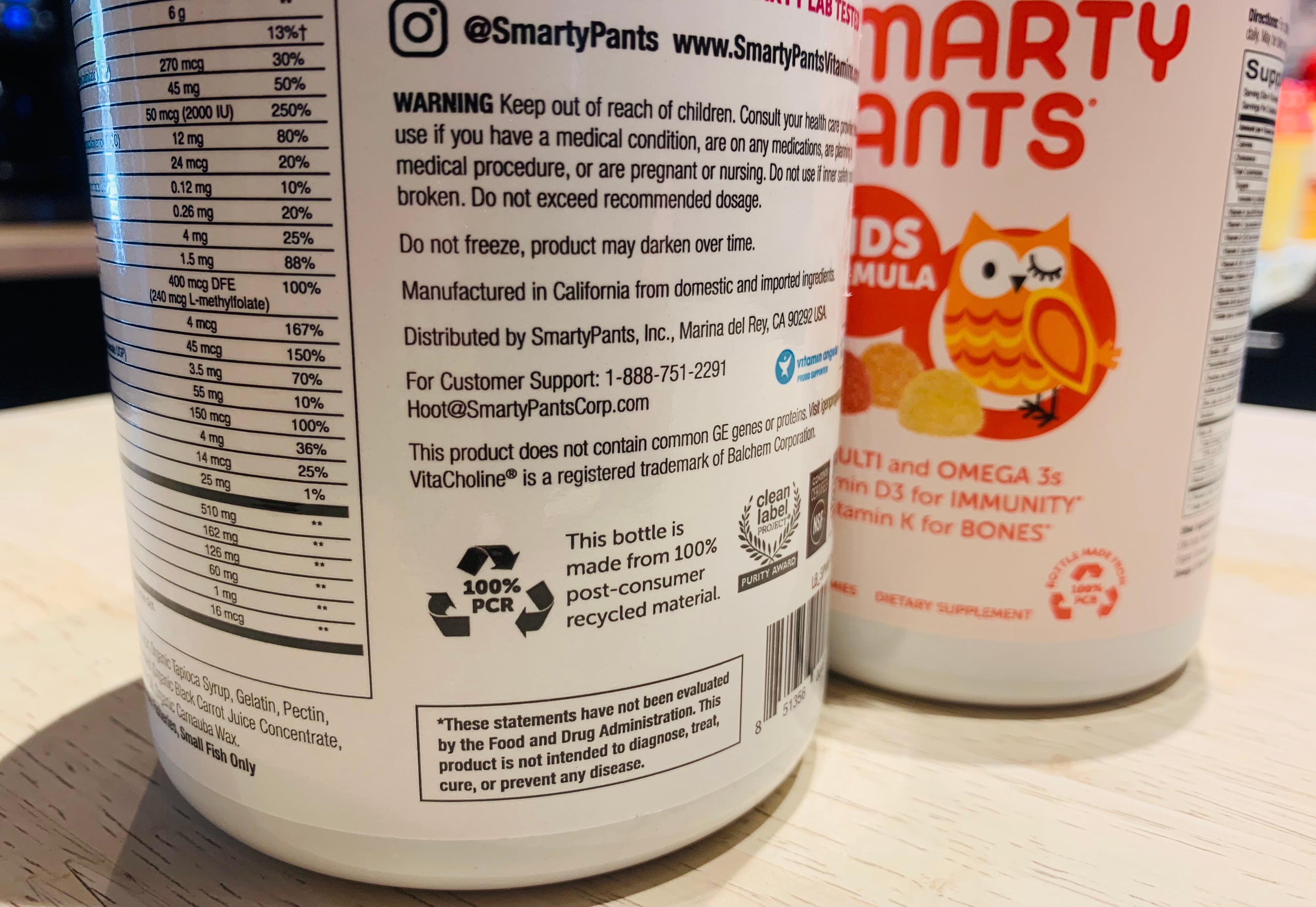According to the nearly 4,000-page analysis of climate research that forecasts extreme temperatures and weather a decade earlier than expected, the world has warmed by nearly two degrees, with global temperatures now higher than at any other time in the past 125,000 years. Anthropogenic warming is producing powerful heat waves, heavier rainstorms, and more violent cyclones. In the coming decades, more intense heat waves and flooding are expected, as extreme events become more routine.
Unless there are immediate and large-scale reductions in greenhouse gas emissions, the report asserts it will be impossible to limit global warming to the targets set out by the Paris climate accord of 2015.
As pressure mounts for companies to change business models and operations, the report highlights the tremendous need for leadership and innovation in sustainability.
A recent survey by McKinsey found that most companies are struggling to factor sustainability into the “hard” areas of their business, such as supply chain, indicating that there’s a potential to drive further integration.
Solabia-Algatech Nutrition harnesses solar energy
“Every company should check the whole supply chain, their production process and every step and detail, and set aggressive goals to help minimize the footprint and make more sustainable food that is kind to the planet,” advised a spokesperson for Solabia-Algatech Nutrition.
The company said it believes in responsible production with zero negative impact on nature, which is why they chose to cultivate microalgae on infertile land in the middle of the desert.
“Our environmental production methods produce nutritional elements that meet consumer expectations for environmental sustainability and social responsibility. Implementing a closed system with comprehensive controls allows us to maintain environmental responsibility at the highest level, all while drawing our main source of energy from the hot desert sun. Our micro-algae-based production includes a closed system that recycles 80 percent of the process water and harnesses solar energy through photosynthesis,” said Solabia-Algatech Nutrition’s spokesperson.
Danone’s sustainability agenda
Just under 95% of top CEOs cite sustainability as important or very important to the future success of their businesses, according to Accenture.
“Given the situation we are facing due to severe climate change, certainly we cannot lose any more time,” said Sumathi Manjunath, Digital Infrastructure & Sustainability Director at Danone Specialized Nutrition. “At Danone, we look at all the steps along the whole value chain and integrate sustainability as part of our processes and key performance indicators (KPIs). When sourcing ingredients, we follow regenerative agriculture practices that protect soils and promote animal welfare. We also partner with farmers and suppliers who work towards reducing their impact on the environment and automatically include sustainability KPI’s in our contracts.”
Thanks to Manjunath’s leadership, Danone got a head start on its sustainability efforts, recently announcing a landmark certification of its specialized nutrition production site in Brazil. This is the first Danone production site certified by the Carbon Trust. The move focuses on three key environmental pillars: carbon neutrality, water reduction and zero-waste to landfill.
The move is just one piece of Danone’s large-scale sustainability agenda. Edson Higo, CEO of Danone Brazil, said the latest achievement is a key milestone to meet company-wide environmental goals, but it’s not the final destination.
“We will continue to focus further efficiency efforts and investments on all our production sites in Brazil to create sustainable value for all and protect our planet,” said Higo.
The move is part of Danone’s wider sustainability agenda, which includes efforts to reach zero net carbon emissions across its entire value chain by 2050. Danone is currently working to ensure all its production sites worldwide follow the same path and ultimately reduce their environmental impact.
Yemoja goes green
Yemoja is a microalgae company that cultivates microalgae for the purpose of extracting natural bio-active ingredients. The company’s CTO, Amikam Bar-Gil PhD, told NutraIngredients-USA that given the current environmental climate crisis, companies must make every effort to introduce and implement environmental goals as an ongoing process. Some of Bar-Gil said some of the measures Yemoja has implemented include saving power by using 4.0 light equipment, reusing water and recycling, as well as reducing carbon footprint.
“Our strategy is to stay one step ahead by implementing a sustainable system and to continuously improve our operations and cultivation systems to high environmental standards and reduce CO2 emissions,” said Bar-Gil. “The process of which Yemoja is cultivating its algae is completely sustainable and uses only 'green' materials. Almost all of the water that is being used is recycled, no organic solvents are being used for the downstream extraction process and the algae are non-GMO and brought from a certified culture collection.”
Pharmactive comes full circle
Jean Marie Raymond, CEO of Pharmactive, told us that the company’s goals are aligned with the EU Commission Agenda 2030, and the European Green Deal.
One step the company is taking to reduce its footprint is moving away from linear production and shifting to a circular economy. Looking beyond the current take-make-waste extractive industrial model, a circular economy focuses on positive society-wide benefits.
“Currently, we use AFF ON Cool-Tech™, a natural proprietary extraction process that maintains peak freshness, purity, and potency of our botanicals. The clean and green technology process is gentle on the plant and safeguards the potent bioactive compounds. It does not use harmful solvents, synthetics, or additives. It is a fully eco-friendly and low energy technique that requires minimal industrial processing and generates very low waste. We are continuously designing and improving our production machinery and production processes to reduce energy consumption.”
Raymond added that the company plans to introduce new clean-label and low energy technologies that uniquely concentrate and preserve the bioactives of botanical extracts.
“We see consumers demand to go green, and many companies are following this direction, so there is still room to grow and implement these sustainable development goals. But we also see many boycotted companies with unsustainable practices or products,” noted Raymond. “Every year we set our goals to reduce the use of energy, paper waste, and use local sourcing that reduces greenhouse gas emissions. Being sustainable is something that every company and inhabitant on this planet should follow if we want our future generations to live on a sustainable planet.”




